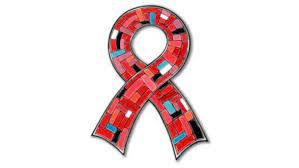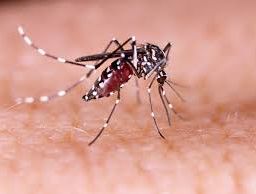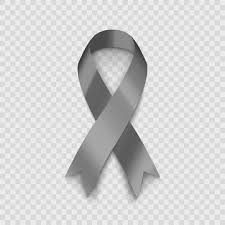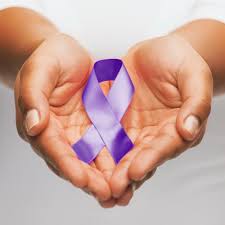
Educating and Empowering: Native AIDS Awareness Day and the Fight Against HIV
Join us in recognizing the significance of National Native AIDS Awareness Day, a day dedicated to shedding light on the impact of HIV/AIDS in Native American communities. This observance emphasizes the crucial aspects of prevention, testing, and support, fostering awareness and unity to combat the challenges surrounding this health issue.

March 20th is National Native AIDS Awareness Day, a day dedicated to raising awareness about the impact of HIV/AIDS on Native American communities. This day is an opportunity to educate people about the importance of prevention, testing, and treatment in the Native American populations. It is also a time to honor those who have been affected by the disease and to show support for those living with the disease.
The Importance of Native AIDS Awareness Day
This day is an important reminder that HIV/AIDS continues to be a significant health issue in Native American communities. According to the Centers for Disease Control and Prevention (CDC), Native Americans have the third-highest rate of new HIV diagnoses in the United States. This is due in part to a lack of access to healthcare, stigma surrounding HIV/AIDS, and other social determinants of health.
Prevention and Testing
Prevention and testing are key components of HIV/AIDS awareness. Native American communities can take steps to prevent the spread of HIV/AIDS by promoting safe sex practices, providing access to condoms and other forms of contraception, and encouraging regular testing. Testing is especially important because early detection can lead to better treatment outcomes and can help prevent the spread of the disease.
Show Your Support
National Native AIDS Awareness Day is also a time to show support for those living with HIV/AIDS and their families. There are many ways to get involved, such as volunteering at a local HIV/AIDS organization, participating in a fundraising event, or simply wearing a red ribbon to show your support. By coming together as a community, we can help raise awareness about the impact of HIV/AIDS on Native American populations and work towards ending the stigma surrounding the disease.
In conclusion, National Native AIDS Awareness Day is an important day for raising awareness about the impact of HIV/AIDS on Native American communities. By promoting prevention and testing, we can work towards reducing the number of new HIV diagnoses in these populations. And by showing our support for those living with HIV/AIDS, we can help end the stigma surrounding the disease. Let us all come together on March 20th to honor those affected by HIV/AIDS and work towards a future free from this disease.
Disclaimer: The information provided in this content is for general informational purposes only. It is not intended as medical or healthcare advice, diagnosis, or treatment. Always seek the advice of a qualified healthcare professional with any questions you may have regarding a medical condition or healthcare decisions.
















